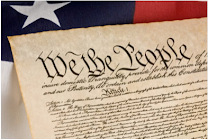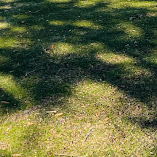The Shepherd
from A Christmas Triptych, by Frederick Buechner
“Can I make you understand, I wonder? Have you ever had this happen to you? You have been working hard all day. You’re dog-tired, bone-tired. So you call it quits for a while. You slump down under a tree or against a rock or something and just sit there in a daze for half an hour or a million years, I don’t know, and all this time your eyes are wide open looking straight ahead someplace but they’re so tired and glassy they don’t see a thing. Nothing. You could be dead for all you notice. Then, little by little, you begin to come to, then your eyes begin to come to, and all of a sudden you find out you’ve been looking at something the whole time except it’s only now you really see it – one of the ewe lambs maybe, with its foot caught under a rock, or the moon scorching a hole through the clouds. It was there all the time, and you were looking at it all the time, but you didn’t see it till just now.
"That’s how it was this night, anyway. Like finally coming to – not things coming out of nowhere that had never been there before, but things just coming into focus that have been there always. And such things! The air wasn’t just emptiness anymore. It was alive. Brightness everywhere, dipping and wheeling like a flock of birds. And what you always thought was silence stopped being silent and turned into the beating of wings, thousands and thousands of them. Only not just wings, as you came to more, but voices –high, wild, like trumpets. The words I could never remember later, but something like what I’d yelled with my month full of bread. ‘By God, it’s good, brothers! The crust. The mud. Everything. Everything!’
“Oh well. If you think we were out of our minds, you are right, of course. And do you know, it was just like being out of jail. I can see us still. The squint-eyed one who always complained of sore feet. The little sawed-off one who could outswear a Roman. The young one who blushed like a girl. We all tore off across that muddy field like drunks at a fair, and drunk we were, crazy drunk splashing through a sea of wings and moonlight and the silvery wool of the sheep. Was it night? Was it day! Did our feet touch the ground?
“‘Shh, shh, you’ll wake up my guests,’ said the Innkeeper we met coming in the other direction, with his arms full of wood. And when we got to the shed out back, one of the foreigners who were there held a finger to his lips.
“At the eye of the storm, you know, there’s no wind – nothing moves – nothing breathes – even silence keeps silent. So hush now. There he is. You see him? You see him?
“By Almighty God, brothers. Open your eyes. Listen.”


















